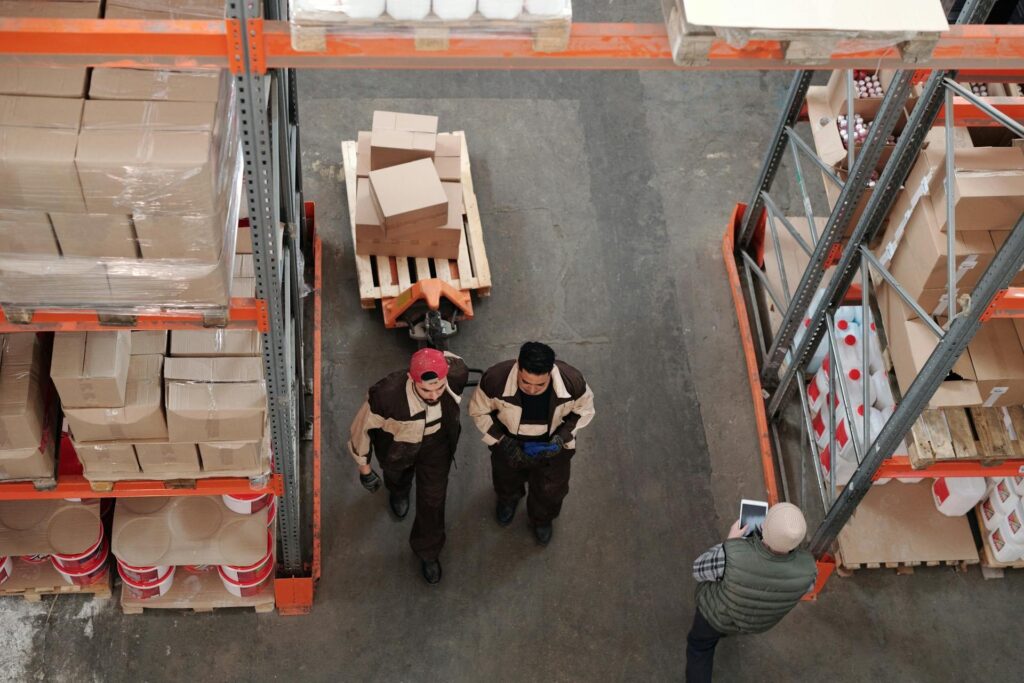US tariff on Turkey 10%
$15bn exports to US
China may increase Turkish presence
Turkey is eyeing a potential upside in its international trade as Donald Trump takes on China and much of the rest of the world in a trade war.
As one of the countries initially hit with Trump’s baseline 10 percent tariff, many in Turkey had nonetheless forecast export doors to the US would open for sectors such as chemicals and textiles.
There was an expectation that the pricing competitiveness of competing exporting nations faced with even higher duties on their exports to the US could be weakened.
Even with the April 9 announcement of a temporary suspension in the higher, so-called reciprocal US tariffs on many countries – replaced by an across-the-board levy of 10 percent – some in Turkey still see opportunities in investment and exports from the escalating tariff war between the US and China, the world’s two biggest economies.
One potential result of China being priced out of the US market would be to move Chinese production capacity offshore, including to Turkey.
“As no one country can replace China’s imports to the US, there will be an incredibly high influx of Chinese firms into emerging countries like ours,” said associate professor Yüksel Okşak, an international trade expert at Uludağ University.
“We talk about (carmaker) BYD coming to Turkey; well, we’ll be talking about BYD times 100 or even 200 times coming to Turkey.”
Though Turkey should be able to build on its relatively small $15 billion of exports to the US as Chinese shipments dwindle, its capacity to expand is limited.
It may also face fierce competition from Chinese companies looking to compensate for lost sales to the US by breaking into markets where Turkey is already an active player, says Okşak.
One sector still affected by relatively high US tariffs is the automotive industry, with exports to the US attracting a 25 percent tariff. Tariffs of 25 percent on auto parts kick in next month.
According to Anıl Şentürk, head of the İstanbul Chamber of Commerce’s automotive sector committee, the tariff may have a far reaching effect on the Turkish auto industry.
“There will be disruptions to imports and all along the global supply chain, which will have a negative impact on the sector,” he told AGBI.
Register now: It’s easy and free
AGBI registered members can access even more of our unique analysis and perspective on business and economics in the Middle East.
Why sign uP
Exclusive weekly email from our editor-in-chief
Personalised weekly emails for your preferred industry sectors
Read and download our insight packed white papers
Access to our mobile app
Prioritised access to live events
Already registered? Sign in
I’ll register later



